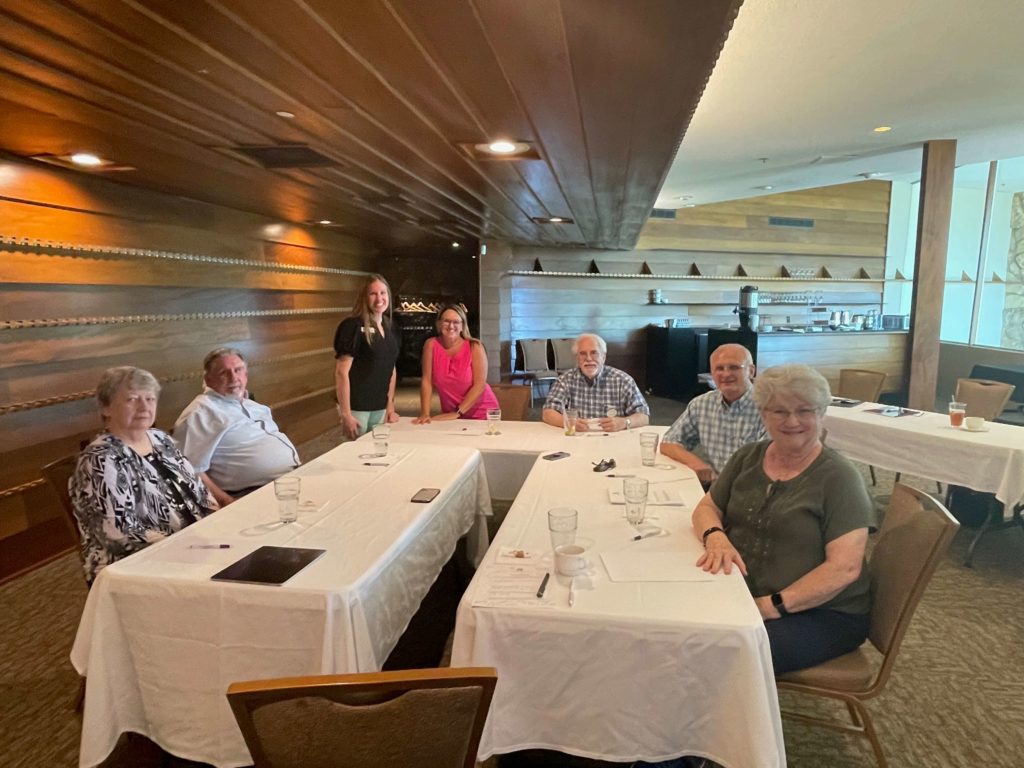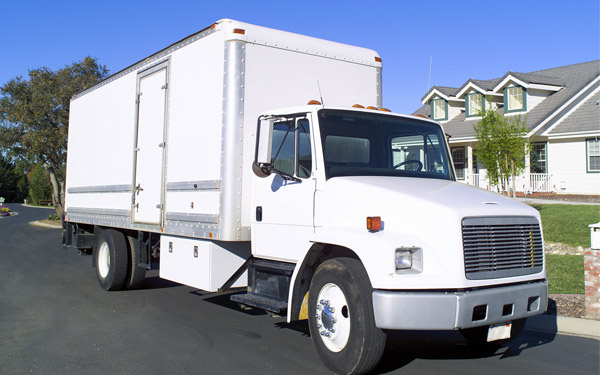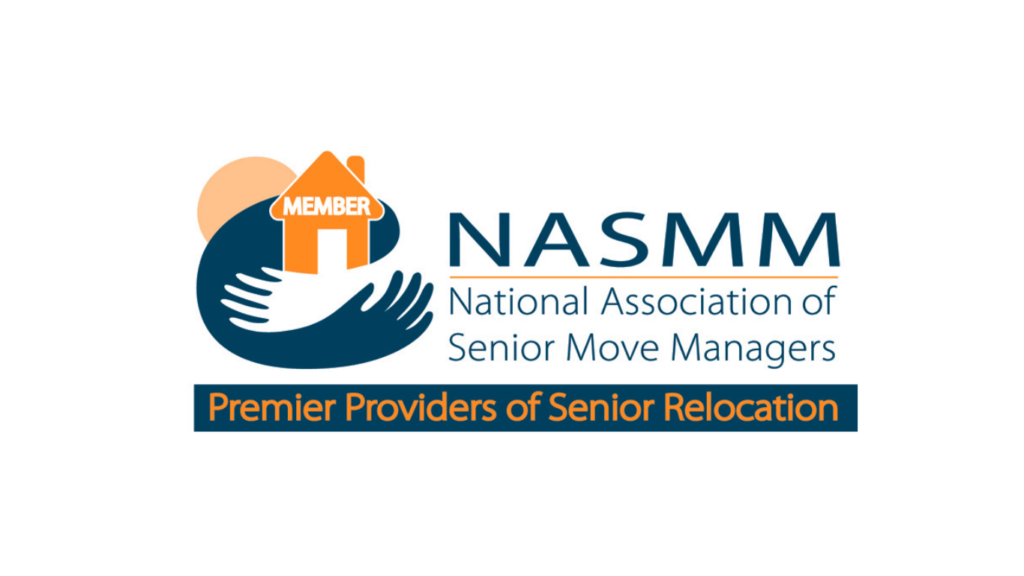
5 Truths of Family Communication for Seniors Staying in Charge of Downsizing Decisions
“It’s amazing how many people become overnight experts on Oklahoma real estate and moving matters when you tell them you are downsizing.” -Bill Schafbuch, Downsizing Client 5 Truths of Family Communication TRUTH #1: Family members do the best they can with the knowledge, experience, and resources they have available to them. In the absence of instructions, people will rally around those they care about and do extraordinary things to support them. What they do and how they do it will depend on their capabilities, time, and resources. Question for seniors: What time, knowledge, experience, and resources might your family members and friends have when it comes to downsizing? How well and often do they communicate with you about your goals and desires? TRUTH #2: When we are ill, in pain, fatigued, or in crisis, we often abdicate decision-making to others and assume they will be able to act on our behalf and follow our wishes. There is no shame in asking for or accepting help from others, especially when we are dealing with illness, disease, or overwhelm. When family isn’t available, goodfriends, neighbors, and organizations can serve as surrogate family members. Question for seniors: What legal documents need to be in place allowing others to be of assistance? Are the documents up to date, accessible, and appropriate forthose who may need them. TRUTH #3: As people begin to reach a certain age, one or more of their adult children will often assume the role of expert advisor. Is the person who naturally assumes this role in your family the one you want in charge of your housing, downsizing, relocation, and related processes? Question for seniors: What conversations do you need to have with various family members to ensure you have the right support from the right people? What isholding you back from having these discussions? TRUTH #4: There are two types of moves: Voluntary and involuntary. Those who downsize voluntarily (before they “need” to) tend to acclimate easier and faster, and typically have better physical and emotional health going forward. People who choose their living arrangements, decide the timing of their move, and who oversee the arrangements report feeling empowered, independent, andaccomplished. Question for seniors: Do you have specific criteria and a plan for self-assessment to determine when the time is right for you to make a move and to where you willmove? TRUTH #5: Communicating about certain age-related issues can be hard for some family members. If the dialog isn’t opened by someone, important topics may never be discussed. Families are busy. Life is happening. Crises are simply ever-evolving circumstances that occur gradually – then suddenly. When individuals and families are willing to talk about the “what-if’s” and the fears or concerns about the future, they manage crises more effectively and have fewer regrets. Transparency, honesty, and empathy for everyone involved are all important in these communications. Question for seniors: When is the best time to have “hard conversations” with the people who matter most in my life? Who will open the dialog? What is my goal forhaving these discussions? Who can help me get started? _________________________________ Choosing the best place to live as we get older is not a simple matter. In fact, a mere outline listing the complexities inherent in this decision would extend well beyond the allowable word count when you take the time to click HERE and read about “Moving As You Age: Where, When and How.”















